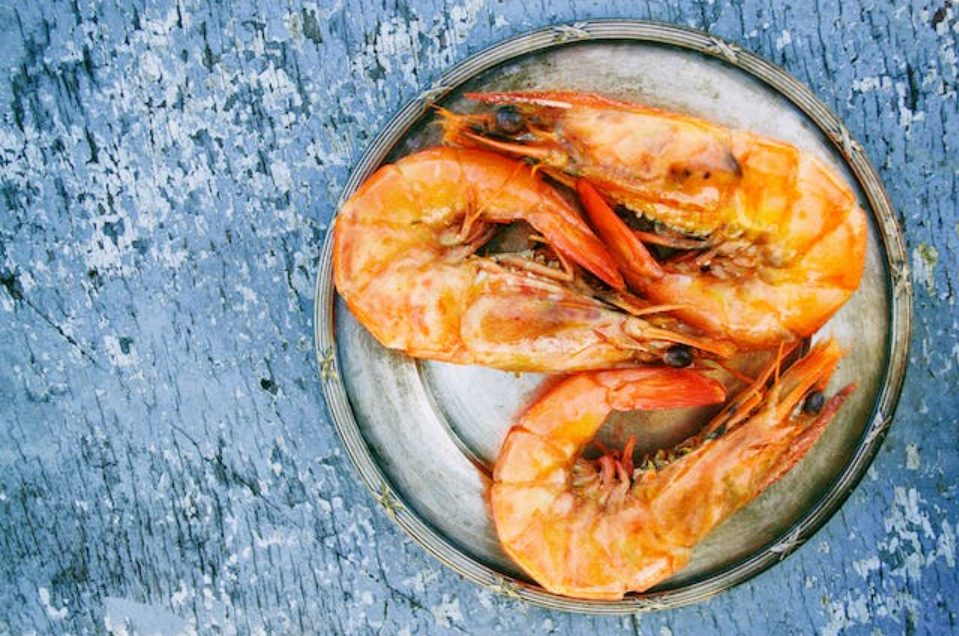In the rolling hills of Tuscany, on the sunny shores of Sicily, and in the bustling streets of Rome, an ancient culinary tradition weaves its way through the hearts and kitchens of Italians. The Mediterranean diet is a treasure trove of healthy and flavorful ingredients that has been the secret behind Italy’s healthy eating habits for centuries. It’s a way of life that combines taste with happiness, and a model that the rest of the world can learn from.

The Mediterranean Diet Revealed
The Mediterranean Diet is a celebration of the gifts of land and sea. It’s not a structured eating plan, but a way of life, a philosophy that embraces fresh, seasonal food and a balanced, careful approach to eating. Italians have long been advocates of this dietary lifestyle, which focuses on natural, unprocessed foods and emphasizes simplicity and variety.
Olive oil: the liquid gold of health
One of the cornerstones of the Mediterranean diet is olive oil, known as “liquid gold” for its remarkable health benefits. Italians use a lot of extra virgin olive oil in their cooking, whether it’s for flavoring, drizzling on salads, or dipping crusty bread.
This heart-healthy oil is rich in monounsaturated fats and antioxidants, which help reduce the incidence of heart disease in the Mediterranean population.
Fresh, seasonal produce
In Italy, fruits and vegetables aren’t just side dishes; they’re the stars of the show. Italians prioritize fresh, seasonal produce, making it the foundation of their diet. Whether it’s ripe, sun-drenched tomatoes, fragrant basil, or tender zucchini, the Mediterranean diet encourages colorful vegetables to grace the plate.
Lean Protein and Seafood
Protein sources on the Mediterranean diet include lean meats, such as chicken and turkey, and legumes, such as lentils and chickpeas. However, seafood takes center stage in many Italian households, with fresh catches such as anchovies, sardines and salmon gracing the table.

Fish is an excellent source of high-quality protein, omega-3 fatty acids and essential nutrients. It’s well known that omega-3 fatty acids have a positive impact on heart health and can reduce the risk of heart disease. Regular consumption of seafood, like the Italian diet, can reduce the incidence of cardiovascular disease.
Whole grains provide sustained energy
Instead of eating deeply processed grains, Italians opt for whole grains such as whole-wheat pasta, wheat and brown rice. Due to their high fiber content, these grains provide sustained energy. They help keep blood sugar levels stable and support digestive health.
Whole grains also provide high levels of vitamins, minerals and antioxidants that contribute to overall health. They are an important part of the Mediterranean diet’s focus on longevity and vitality.
Nuts and seeds
Almonds, walnuts, and seeds like flaxseeds and chia seeds are common in Italian kitchens. These nutrient-dense foods are rich in healthy fats, fiber, and an array of vitamins and minerals. They make excellent snacks or add a delightful crunch to salads and other dishes.
Nuts and seeds have been linked to improved heart health and may help reduce the risk of chronic diseases such as diabetes and obesity. Their presence in the Mediterranean diet is a testament to its commitment to healthy living.

Drink alcohol in moderation
A glass of wine, especially red wine, is a must for an Italian meal. The antioxidants in red wine, such as resveratrol, may have a heart-protective effect. It is important to note that moderation is key; excessive drinking can have harmful effects on your health. In Italy, a glass of wine with a meal is a common practice, contributing to the Mediterranean diet’s reputation for promoting heart health.
Pay Attention to Diet and Social Relationships
Italians have a unique way of eating. Eating is not a rushed task, but a communal activity, a time to connect with family and friends. This mindful approach to eating has health benefits as well. It encourages slow eating, allowing the body to register satiety and preventing overeating.
What’s more, the social interaction and shared laughter at the table leads to emotional well-being, reduces stress and promotes mental health. The Mediterranean diet recognizes that food is more than just sustenance; it’s a source of joy and connection.
Healthy Heart, Healthy Life
At the heart of the Mediterranean diet is heart health. Its ingredients – olive oil, fresh produce, lean protein and seafood – work together to promote cardiovascular health. Numerous studies have shown that following the Mediterranean diet reduces the risk of heart disease, decreases inflammation, and improves cholesterol levels.
Longevity and Vitality
Italy is known for its centenarians, which are people who live to be 100 years old or older. One of the factors in their longevity is their diet. The Mediterranean diet is rich in nutrients and antioxidants that contribute to a healthy aging process.
It emphasizes fresh, unprocessed foods that, along with regular physical activity, help maintain vitality and longevity. This lifestyle not only leads to a longer life, but also to a healthier and happier one.
A delicious path to good health
The Italian way of eating, rooted in the Mediterranean diet, proves that health and flavor can go hand in hand. It’s a lifestyle that embraces fresh, seasonal ingredients and encourages balance, focus and connection. The health benefits of this culinary tradition extend beyond the physical to include emotional and social well-being, something they explore at Brunetti.
By adopting elements of the Mediterranean diet, we can learn from Italy’s eating habits and pave the way for a healthier, more vibrant life. Let’s learn from Italy and savor not only our foods, but the abundance of happiness they bring.


